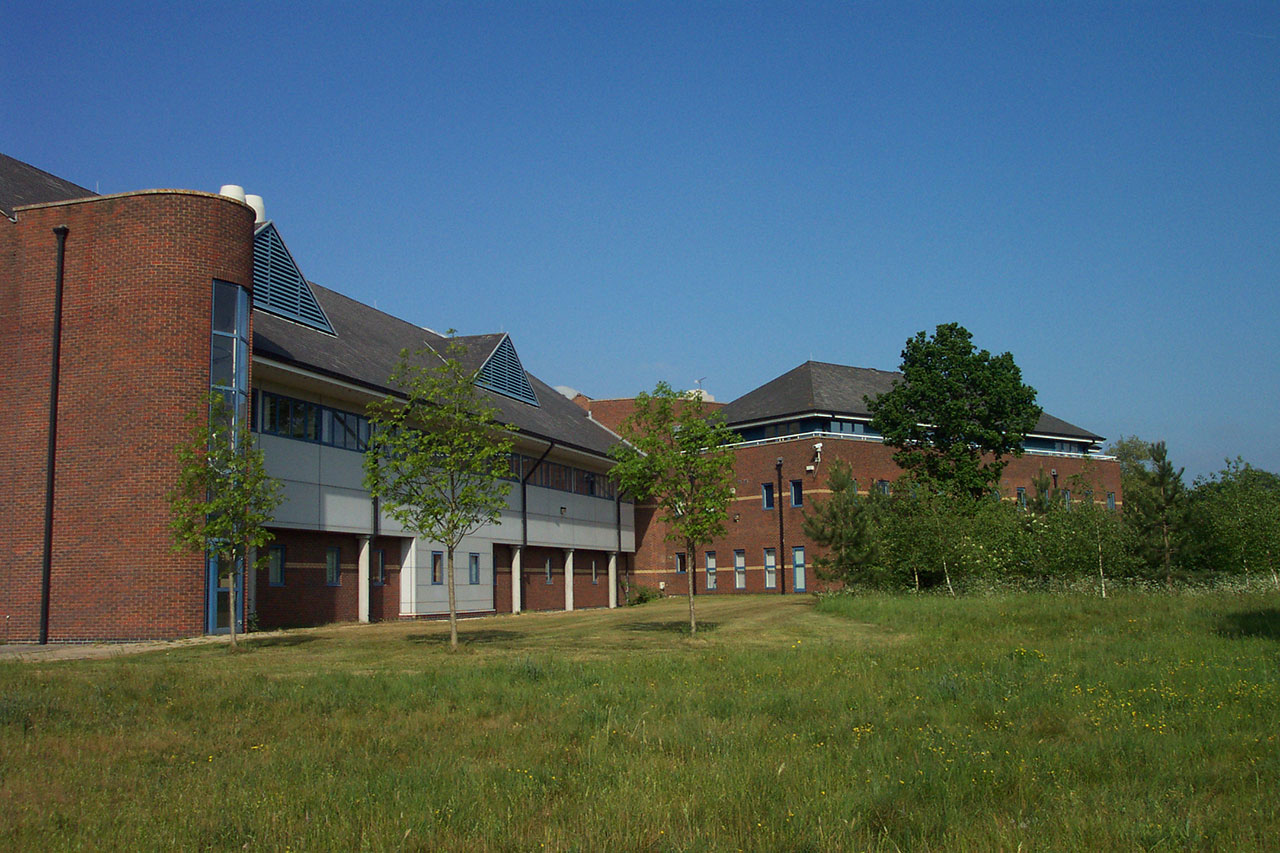University of Reading
Reading University is located in the large town of Reading in Berkshire. REQUEST INFORMATION
KEY INFORMATION:
The population of Reading is 235,000. Just west of London, Reading is close to the M4 motorway and an hour by car from the capital. By train central London can be reached in 30 minutes.



UG: N/A
PG: N/A



Six steps to University of Reading
Our method to your success
FREE CONSULTATION MEETING
REPORT & INSTITUTION SHORTLIST
APPLY & RECEIVE AN OFFER
WOO HOO! YOUR OFFER IS ACCEPTED
ARRIVAL & POST ARRIVAL SUPPORT
WE ARE WITH YOU EVERY STEP OF THE WAY
LOCATION:
The nearest major airport is London Heathrow which is easily accessible by train or within half an hour by car. Reading’s central location means that the rest of the UK is relatively easily accessed by road. The average lowest temperature in the area is 3 degrees in January and the average highest temperature is 22.5 degrees in July.
REQUEST INFORMATION..

Request Information - University Courses
HISTORY:
The University originated with the Schools of Art and Science which were established in Reading in 1860 and 1870 as an extension of Christ Church College, Oxford. In 1892 the Schools became the University College Reading. Receiving Royal Charter in 1926, Reading became the only university to be created in the UK between both world wars. In 2008 Reading University created Henley Business School following a merger with Henley Business College. Whilst maintaining a reputation for arts and science, Reading has become increasingly known for business, agriculture and latterly, sport.
LOCATION:
Reading is a campus university, made up of three distinct campuses. The largest is Whiteknights, two miles south of Reading town centre and set in 321 acres of land including woodland, conservation meadows and a lake. This is the site on which most of the university’s teaching departments, halls of residence and the library are situated. The halls of residence at this location are all within an 8-15 minute walk of Whiteknights.The original University site is the London Road campus which is closer to Reading town centre. This is now home to the Institute of Education – a centre for teacher training. The London Road campus also houses the Great Hall which is used for ceremonies.The third campus is the Greenlands site on the river Thames in Buckinghamshire some 10 miles from Reading. This site houses the Henley Business School.Reading University also owns over 2000 acres of farmland near Reading which is used to support various research centres.Travel around the campus and town is facilitated by a regular bus service and by a night bus service operating into Reading town centre from campus stops.
RANKING:
University of Reading is ranked between 201-250 in the Times Higher Education rankings. Reading is ranked between 301-400th in the Shanghai Jiao Tong rankings. Reading is not a member of the Russell Group of universitiesUniversity of Reading is ranked 84th in the National Student Survey Satisfaction rankings.
INTERNATIONAL:
Latest figures report around 3,990 international students at Reading, coming from more than 150 different countries, representing approximately 23% of all students.
SIZE:
Recent figures indicate a total student population of over 17,500.
EMPLOYMENT:
94.2% of Reading’s graduates were in work or involved in further study –(source HESA ). A breakdown of post-graduation employment by course, showing the split into professional/managerial positions, rather than general employment figures, is available from Unistats an independent source of university data. For more information, please visit the REF Information page.
FACILITIES:
Reading University owns four museums including the Ure Museum of Greek Archeology and the Cole Museum of Zoology as well as a botanical garden. In addition to an auditorium, online radio station and TV station, the university boasts a philharmonic orchestra, jazz ensemble, wind band and ukulele band. On campus there is a dedicated student job centre as well as shops, cafes and bars. Sportsmen and women are catered for with a fitness centre, sports hall and squash courts. The University owns a boathouse and is well known for its rowing teams. Over 100 clubs and societies, including 50 sports clubs, are operated by the Student Union. Outside of campus, Reading has a busy waterfront scene with a cinema, clubs and restaurants and London is easily accessed both day and night.
ACCOMMODATION:
All University-owned accommodation is located on or close to the northern campus of Whiteknights and comprises catered and self-catered halls of residence. Contracts may be for 40 weeks or 51 weeks by arrangement. New undergraduates and postgraduates are guaranteed university accommodation as long as their offer of a place is accepted within a certain deadline, this can be found on the University’s website.The lowest price for a single room with shared bathroom and kitchen facilities is £131.25 per week.An example price for catered accommodation is £130.11 at St. Patrick's Hall.
COST:
International students
International undergraduate tuition fees:
Fees for full time undergraduate courses start at £19,500 a year for Band 1 subjects (which are all non-Laboratory courses, including all International Foundation Programmes), and £23,700 a year for Band 2 subjects (courses involving significant laboratory study or workshop content).
SUBJECT AREAS:
REF (Research Excellence Framework) was an independent government review conducted into the quality of research at UK universities and published in December 2014. This information highlights subjects of specialism within each university. We have listed all subject areas where at least 60% of the research conducted in these specific fields has been graded 3 or 4 stars. (4 stars being the highest ranking REF award). For more information, please visit the REF Information page.
ONLINE COURSES:
Reading currently offers a limited number of postgraduate courses including an LLM in International Corporate Law, and MA in English Language Teaching and an MSc in International Securities. In addition to these, a number of free Massive Open Online Course in subjects such as Heart Health, Obesity, English, Managing People and Game Building, are also available.
LIFE AT University of Reading
We have been helping overseas students gain entrance to University of Reading for a number of years now, progressing to high profile careers in the UK. Find out more about this school below.
Review
Coming Soon
 LOOKING FOR AN ONLINE COURSE?
Our team can help you find a relevant course for your study.
BOOK A CALL
LOOKING FOR AN ONLINE COURSE?
Our team can help you find a relevant course for your study.
BOOK A CALL
DOWNLOAD YOUR FREE GUIDE TO A QUALITY UK EDUCATION
Sign up to our free Newsletter and you'll get a free copy of our guide to accessing a UK education to help you navigate the entire process.
REQUEST INFORMATION..
Get free instant access to exclusive content and join our monthly email guide
We’re with you every step of the way and will keep you updated on the latest UK education news. Find out more about joining.
